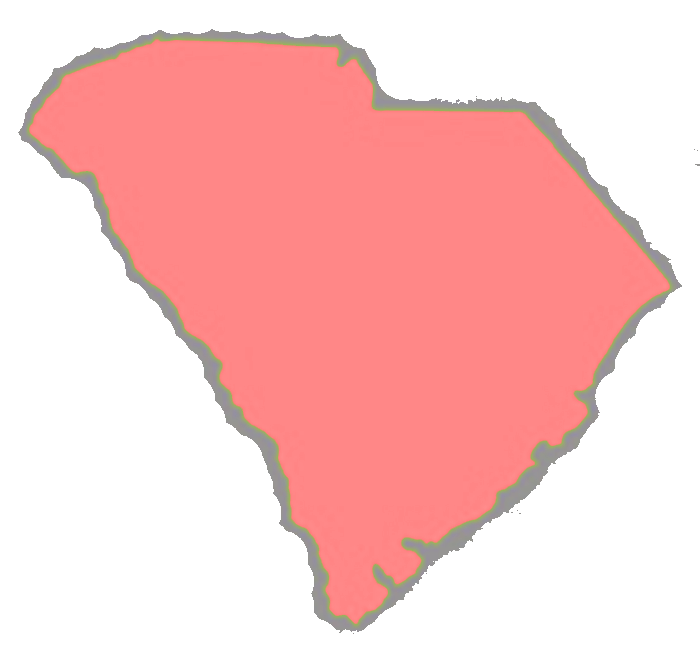Anderson Intelligencer
May 26, 1914
Page 44
SOME
WHO SERVED
Anderson
Soldiers, Some of Whom Have Passed Away
B. F. CRAYTON—One
of the men of Anderson of saluted memory.
He was a leader in social, commercial, educational and religious
activity. He closed out his business and
joined Orr’s Rifles. Was appointed
Regimental Quartermaster. Later was
detailed by Prest. Davis to take charge of the
governmental depository and the mint here.
He served in the legislature all through the land and in the State beginning
187_.
DR. K. W. SHARPE
of Pendleton is one of 14 children and one of seven brothers in the war. All survived and all but one received wounds
in the war. One of the brothers was
Colonel J. J. A. Sharpe of the 23rd Georgia Infantry. Dr. Sharpe was in the war the last few months
as a boy of 17 doing defense duty on the coast.
He is one of Anderson County’s staunchest citizens.
JOHN
C. HARRIS—Toward the close of the war went into service with the boys of
17. He was in a company commanded by
Capt. Doran Kay. Mr. Harris after the
war managed the farms of Thos. G. Clemson and was one of the pioneers of this
state in what is now intelligent farming.
NATHAN
O. FARMER of Townville was a member of Company D, Hampton Legion, came out a
lieutenant. One of his war experiences
was being captured by some of Sheridan’s cavalry dressed as Confederate.
JOHN
T. GRANT of Townville, was in Company K of the fourth regiment and helped carry
Gen. Kirby Smith from the battlefield when that distinguished soldier was wounded.
WILLIAM
L. DOBBINS—Was a member of Co. D, Second Rifles, having volunteered as a
recruit in 1864 and serving until the surrender. He is one of the staunch men of the county.
JOHN
J. SHIRELY—of Honea Path was lieutenant in Co. E in Keitt’s
regiment, the 20th and was practically in command of the company
most of the time. He was disabled in
1863.
J.
C. STRIBLING—The well known Pendleton planter and splendid citizen entered the
war at the outset at the age of 16, in Col. Miles Norton’s company of the First
Regiment (Orr’s). Later he was in Trenholm’s Squadron.
He had the unique distinction of having served in infantry and cavalry
and artillery. He is yet active and a
progressive citizen.
E.
H. SHANKLIN—of Pendleton, was a member of Goodlett’s
regiment, the 22nd, and transferred to the Seventh Cavalry under
Col. A. C. Haskell. He refused
promotions, but he frequently was selected for work that required brains,
daring and coolness. He spent the
remainder of life trying to improve agricultural conditions.
GEO.
W. SULLIVAN—of Williamston was one of the cadets. He entered the service with the several
cadets and saw but little service.
However, he was prominent in the near trouble of 1876.
DR.
P. H. E. SLOAN—of Pendleton, for many years treasurer of Clemson college,
graduated in medicine in 1859 and served throughout the war as a regular. His reminiscences would be interesting
reading.
COL.
R. E. BOWEN—of Pickens, married a daughter of Dr. James Oliver of Anderson,
went into the service as lieutenant of Company E, Second Rifles and came out as
Colonel. T. H. Beggs,
who was captain of Co. E, became a lieutenant-colonel, and died of
disease. The first colonel of this
regiment, John V. Moore, enlisted as a private in Orr’s regiment and was killed
in the second Battle of Manassas. Col.
Thomas Thompson of Abbeville, succeeded him.
Colonel Thompson was detailed for special duty and the lieutenant
colonel R. A. Thompson of Walhalla had resigned and this made Bowen the colonel
of the regiment which did gallant work.
D. L. Cox of Anderson was the major of the regiment.
S.
B. L. CRADDICK—served in Company B, Second South Carolina Cavalry, with Mickle, captain and Butler, general. While Mr. Craddick’s duties were hardly two
years, he believes that the two last years were the two worst. Mr. Craddick says that the separation from
his brother who was in a different regiment was the saddest trial he endured
during the war; he was much younger and he hoped to be with him and help him if
he needed it-but affections mattered little in war.
[Transcribed
by: Sharon Strout]





